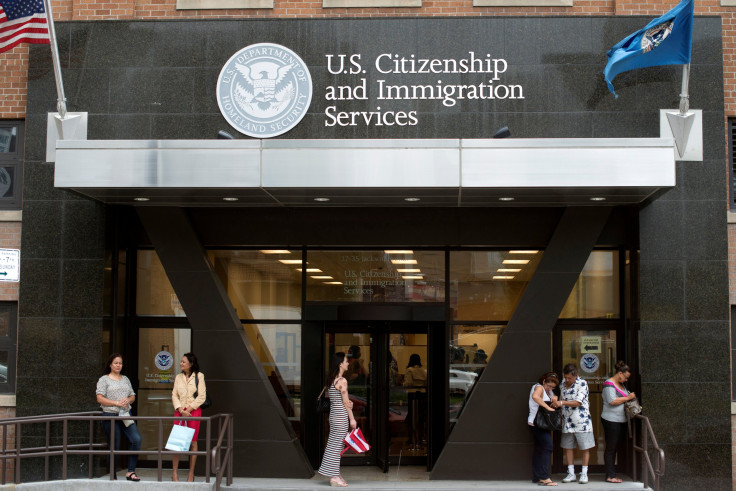Does Immigration Help The Economy? Trump Administration To Reopen H-1B Visa Program

U.S. Citizenship and Immigration Services (USCIS) announced Wednesday that it would not draw down the number of H-1B visas doled out to foreign workers for fiscal year 2018, leaving the total cap at 85,000, and would begin accepting applications April 3.
The decision came less than two weeks after USCIS alarmed proponents of freer immigration for skilled workers when it suspended the premium processing route for H-1B visas, which allows companies to import workers quickly with just 15 waiting days and a $1,225 fee, for a period of at least six months.
The agency attributed the decision to its need to “process long-pending petitions, which we have currently been unable to process due to the high volume of incoming petitions and the significant surge in premium processing requests over the past few years,” according to a USCIS press release. USCIS also kept its expedited processing route, which is reserved for emergency situations, in place.
H-1B visas are reserved for foreign nationals with a clear relationship with the American company seeking to hire them, as well as a bachelor’s degree or higher in a “specialty occupation,” defined by USCIS as “in fields such as engineering, math and business, as well as many technology fields.”
The tech industry often cites the program, which primarily benefits Indian workers and companies, as a necessary tool to compensate for labor shortages, but the existence of that shortage has long been disputed.
Read: Is Immigration Bad For The Economy? H-1B Visas Lower Tech Sector Wages, Study Finds
A recent study found that, had the program not been in place between 1994 and 2001, tech workers’ salaries would’ve been up to 5 percent higher, while their employment would’ve grown by up to 11 percent. The paper, by researchers at the University of Michigan and the University of California, San Diego, also pointed out that productivity in the sector rose by as much as 2.5 percent, while consumer prices fell, ultimately benefitting information technology firms.
© Copyright IBTimes 2024. All rights reserved.






















